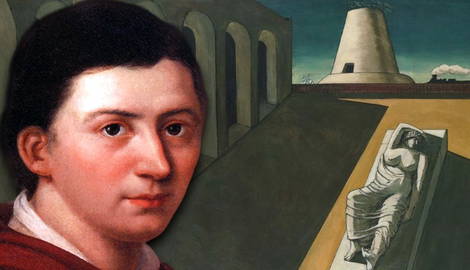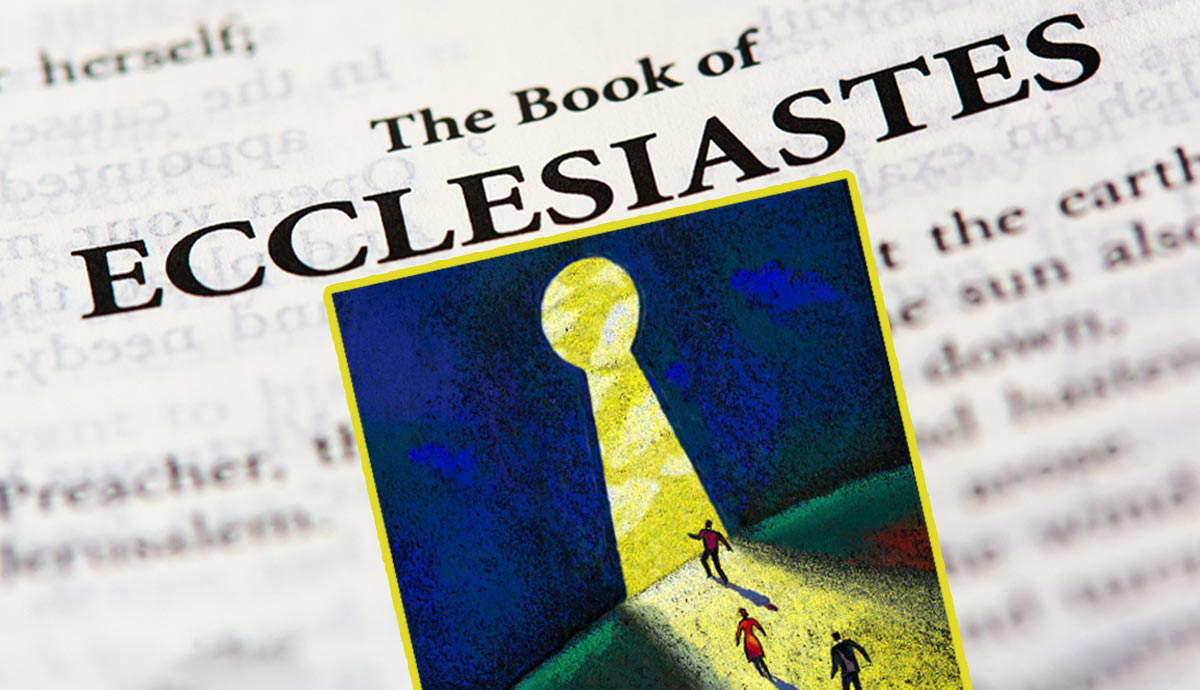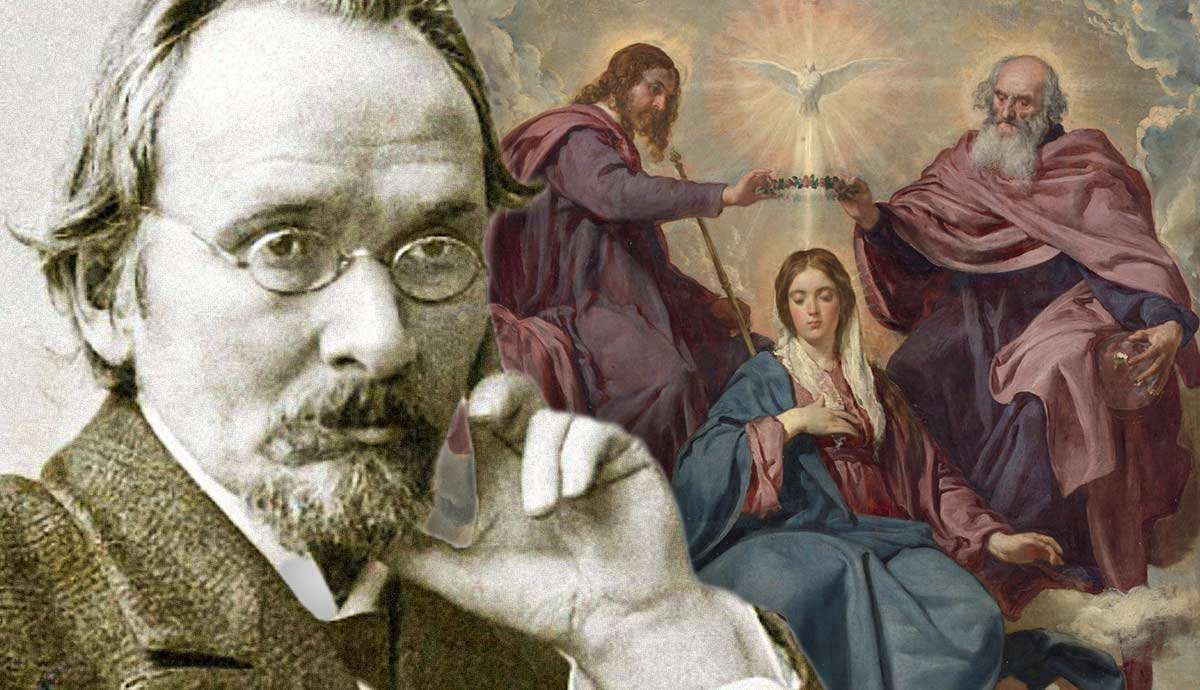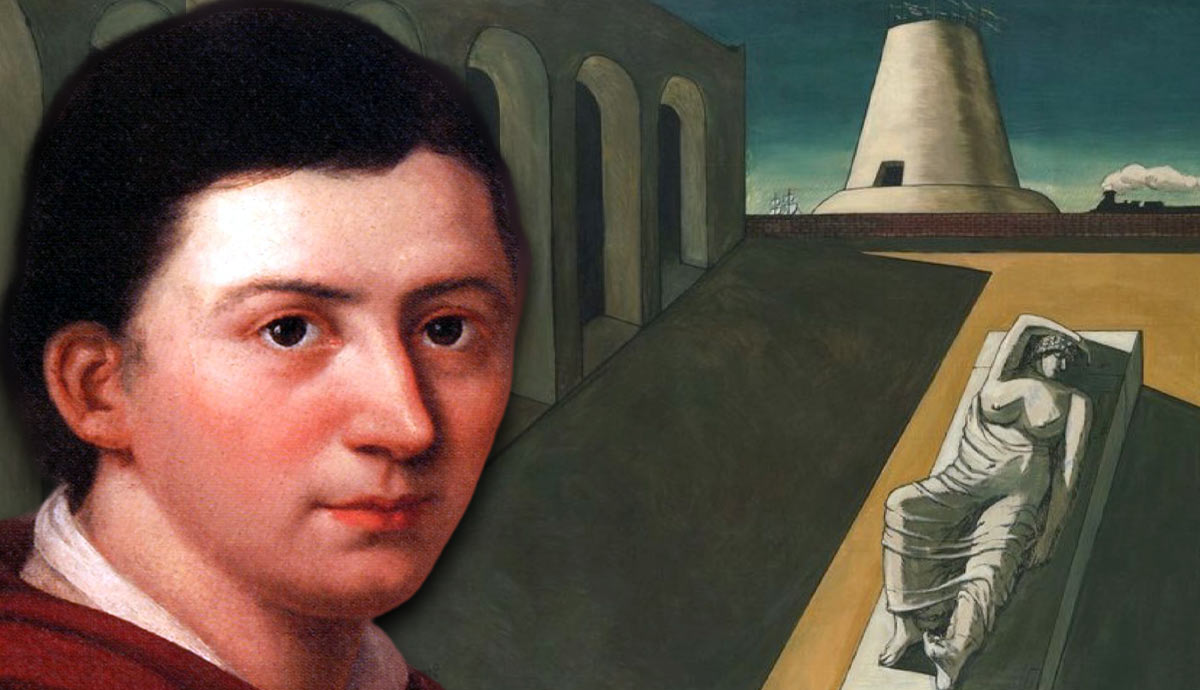
Let’s go back briefly to the year 1800—a year extremely important for the Romantic movement and the Philosophy of Idealism for a couple of reasons: Schelling publishes his System of Transcendental Idealism, and Wordsworth adds the famous preface to the second edition of the Lyrical Ballads. The most important reason for us is that Schlegel published his Dialogue on Poetry, implementing his idea that one can write about poetry only through the poetry itself. Written on the model of Plato’s Symposium, is his own work: The Debate on Mythology.
Friedrich von Schlegel and Dialogues on Poetry

Friedrich von Schlegel was one of the most significant minds of German Romanticism. He was a master in many fields: not only a literary critic and theoretician, a philosopher and historian, but he was also a linguist and philologist. A man with so many interests, he started studying law. Still, he soon discovered that he was attracted to everything related to literature and language, so he devoted himself to it. He mostly studied classical Greek and Roman literature but did not bypass Renaissance writers. His knowledge intertwines, and he weaves his works using all this knowledge—just as in Dialogue on Poetry.
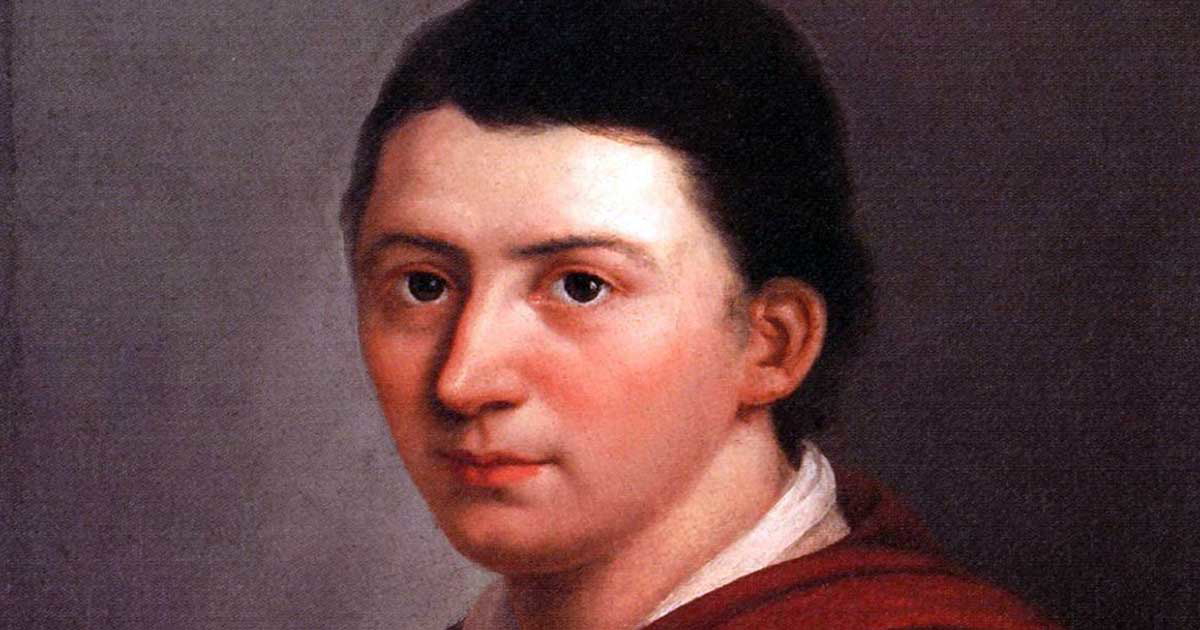
In his thought, we find a revolutionary idea—artistic creativity is redefined when it stops being based on the ancient notion of mimesis. Instead, it searches for the literary absolute and establishes the well-known early romantic notion of irony, which this article will not discuss.
Dialogue on Poetry, originally Gespräch über die Poesie, was first published in a very important magazine, Athenaeum, edited and published by Friedrich von Schlegel and his famous older brother, August Schlegel. Sometime in 1797, Schlegel wrote On the Study of Greek Poetry, presenting his considerations about this art that comes from the poets. Later, in Dialogue on Poetry, he elaborated and enriched these thoughts, giving poetry the qualities of the divine. Poetry here is described as omnipresent, one with nature and the world’s soul. Considering that, it is no coincidence that he wrote this critical work combining criticism and poetry. After all, Plato was a great poet, which is evident in his dialogues.
Schlegel’s Dialogue as a Platonic Symposium
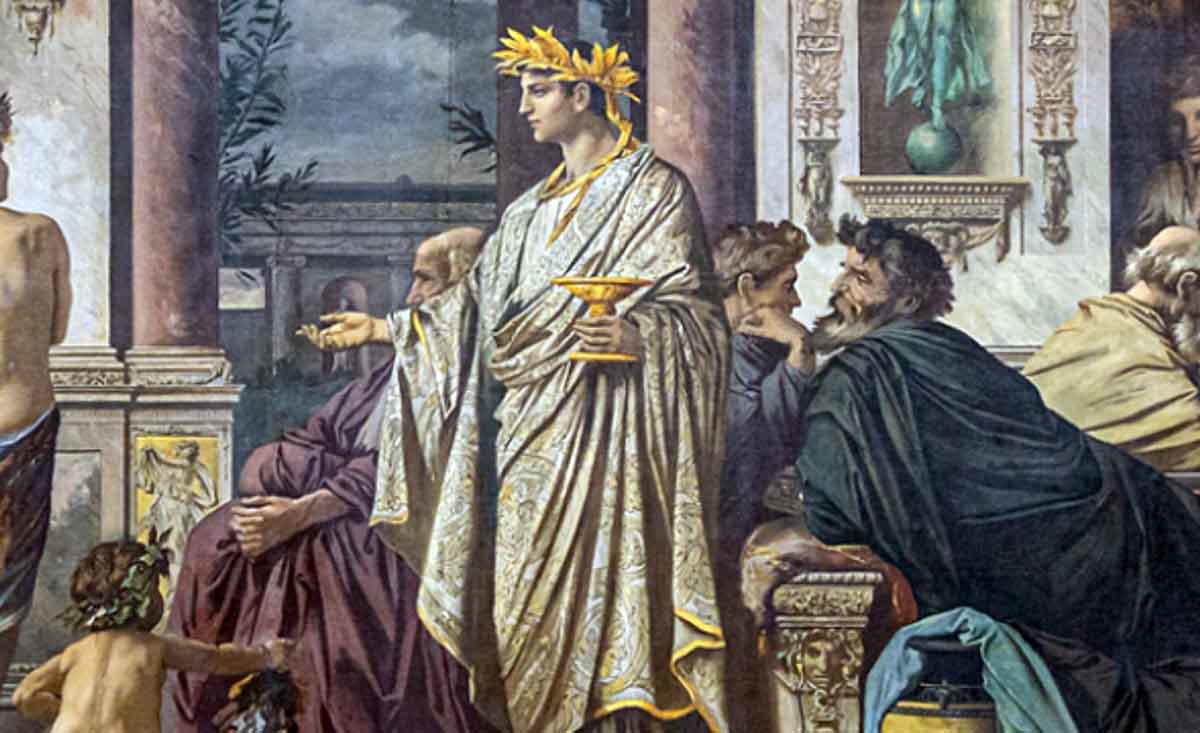
Schlegel’s Conversation on Poetry was conceived based on Plato’s dialogues, and it is most similar to Plato’s Symposium. Schlegel read Plato in the original Greek, so he knew him very well, and he decided to compose his poetry essay based on Plato’s Symposium, which talks about beauty. After all, poetry and beauty are deeply linked, to which Schlegel, Plato, and many other thinkers testify.
We will dwell on Plato’s Symposium, a dialogue written around 380 BCE, to see the similarities between Schlegel’s essay and Plato’s dialogue. A story frames the dialogue, which explains why the symposium is organized—the reason is the victory of Agathon, the tragic poet, in a poetry competition. The symposium is held in his home, and after the narrative, namely, framework stories, followed by a real symposium, in which several personalities and Socrates participate.
The dialogue proceeds as Socrates questions his interlocutors, and each of them gives him a speech about love, more precisely, praise to Eros, the god of love—so, with the help of Socrates’ questions, they talk about and glorify love, each in their way. In the Platonic dialogues, final knowledge is not reached—Socrates asks questions, but it is an eternal debate where he tries to convince the interlocutor that he does not know as much as he thinks. Socrates is aware of his ignorance. That is, he knows that each attempt is a path without end.
It is the same with Schlegel—at the beginning, we get a story about how a couple of friends meet and organize a symposium, where everyone presents their thoughts on poetry. The speeches themselves are then accompanied by a dialogue between the participants about that particular speech.
Myths: Definitions and Schlegel’s View
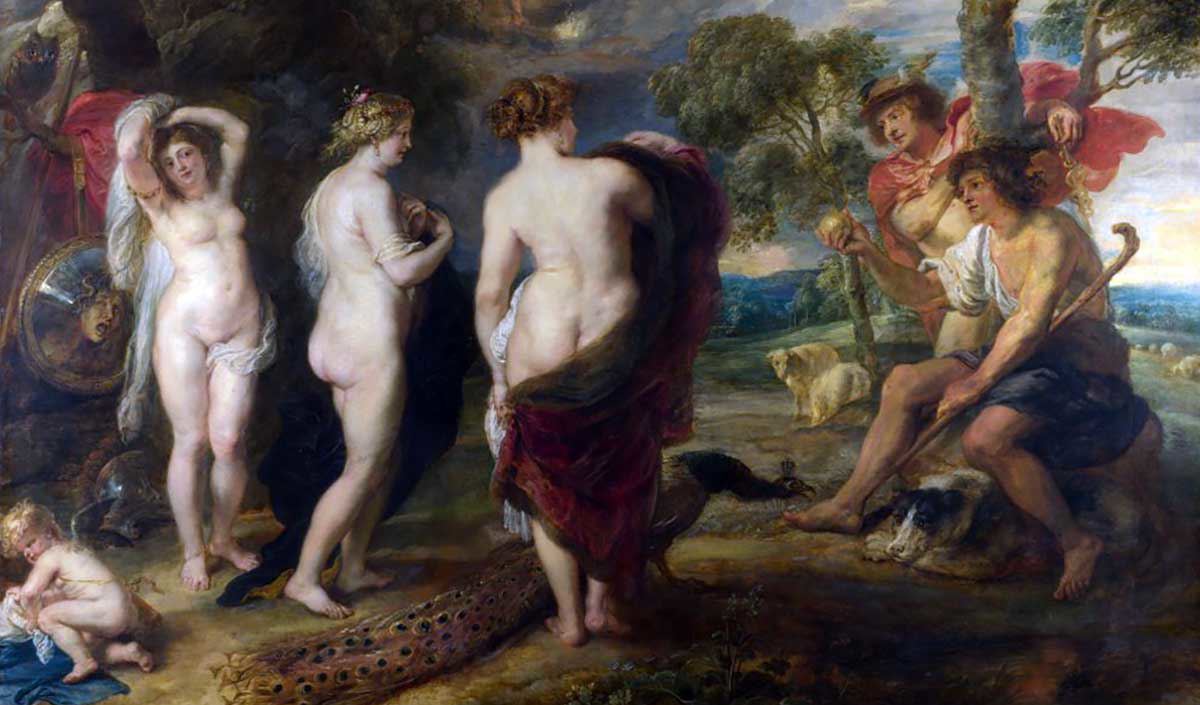
The word ‘myth’ comes from the Greek word mythos, which means story or tradition. The emergence of myths, which are parts of complex mythologies—systems of stories—is a very interesting phenomenon because ancient peoples of all regions created their own myths. Man, unfamiliar with the laws of physics, relied on his imagination to explain what was happening around him. For all natural phenomena and all events around him, man invented stories about how the world works. Because it had to be explained how the sun rises and sets, how the sea is sometimes calm, sometimes followed by a storm. Why it rains, why there is a drought, how the seasons change, etc., all captured the human imagination.
According to Claude Lévi-Strauss, an expert in mythology, myths have represented and still represent the overcoming of contradictions in the world. Just as, according to the Bible, one God created the world out of nothing, so, for example, in ancient Greece, myths were created to describe the actions of the Gods in creating the world and managing it. Myths often determine the behavior of people who take the actions of the gods seriously, so various rituals are linked precisely to myths.
For Schlegel, myth signified man’s deep connection with nature, which was lost in his time, so he glorified ancient mythology and how man’s mind communicated with the world around him. He believes that ancient poetry is divine because it is based on myths; he glorifies Homer and his poems Iliad and Odyssey, precisely because they have myths at their core and the later creation of poetry and drama. Of course, Schlegel considers ancient Greek mythology, Indian, Babylonian, Roman, and many others.
The Debate on Mythology
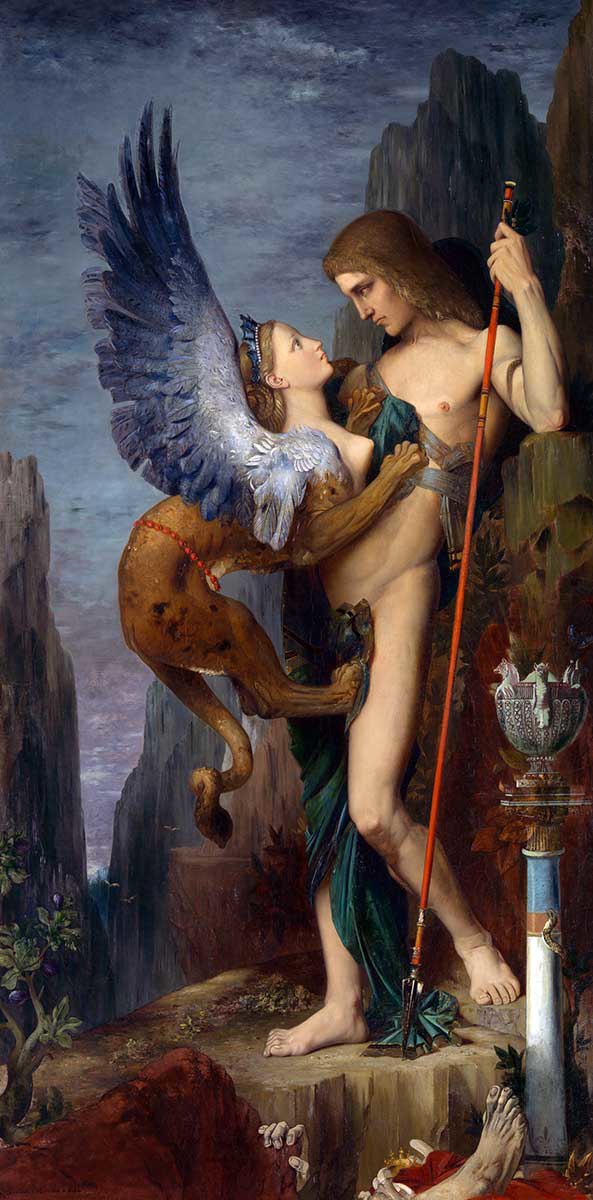
The Debate on Mythology is central to the Dialogue on Poetry. It is the speech of one of the participants of this symposium, where he expresses his thoughts on the importance of myth for poetry and his concern about the lack of mythology in writers’ recent work.
Schlegel’s brother, August Wilhelm Schlegel, believed that the domain of mythology is so rich and vast that it is, therefore, the greatest source of poetry. Imagination is the source of poetry, and it is also the source of myths, so poetry and mythology are connected at the deepest level. Mythology is the center of poetry, according to his words.
However, in the Debate on Mythology, Friedrich von Schlegel claims that our, that is, then contemporary, romantic poetry lacks exactly what his brother claims is the center of poetry. He is saying here that every poet of that era must have felt while writing that he was missing something, and that is precisely some kind of support, some deep source from which the poem emerges. Antiquity possessed that spring, but it was lost, and we miss it. That is, we have no mythology. Here, mythology is described as the first flower of youthful fantasy, as something closest to the most vital elements.
When talking about the most vital, Schlegel is, of course, referring to nature. Poetry itself contains everything that nature contains. Given that man is connected with nature, but not enough, the poet can bring him closer to her through poetry, which draws everything from nature and reveals all its benefits to man, but also to connect him more firmly with her.
Why Do We Need New Mythology?
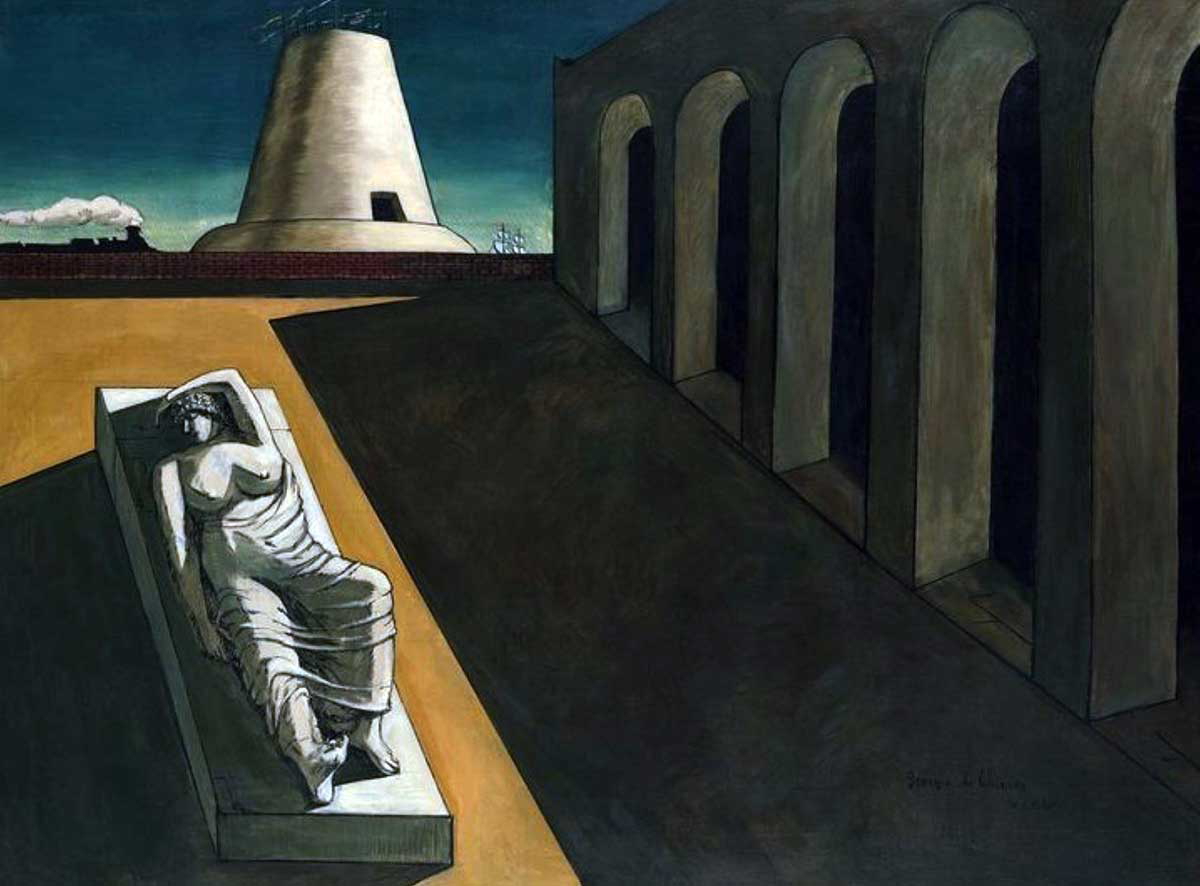
So, the writers of that time lack mythology. However, Schlegel does not claim that all writers did not use motifs from mythology in their works. But that is not enough for Schlegel. He claims that the new mythology will come like the old one, from the deepest fantasy of the human mind. When it arises, the new mythology itself should be a work of art and intertwine within itself. Our writer believes that a new mythology will emerge in idealism. Idealism, as the spirit of revolution, should weave a path for humanity in search of a new center—but why do we need a new mythology?
By finding that center, that new mythology, man will again shine in the embrace of love and bliss. According to Schlegel, the essence of the world and everything in it will be found again, and man will become one with nature and find peace. Schlegel sees that it is not enough just to get to the mythology of his nation; he sees the importance, as we have indicated, of the mythologies of other nations. He talks about the treasures that other mythologies would provide to poets.
In conclusion, we can see how much Schlegel advocated for knowledge, especially of Greek and Roman, which he knew best. Only a little later, he began to write differently about the poetry of his era. He began to call romantic poetry progressive, unlike the ancients—the latter is finished and, thus, perfect. The romantic one is still moving towards some goal and as such is infinite.
